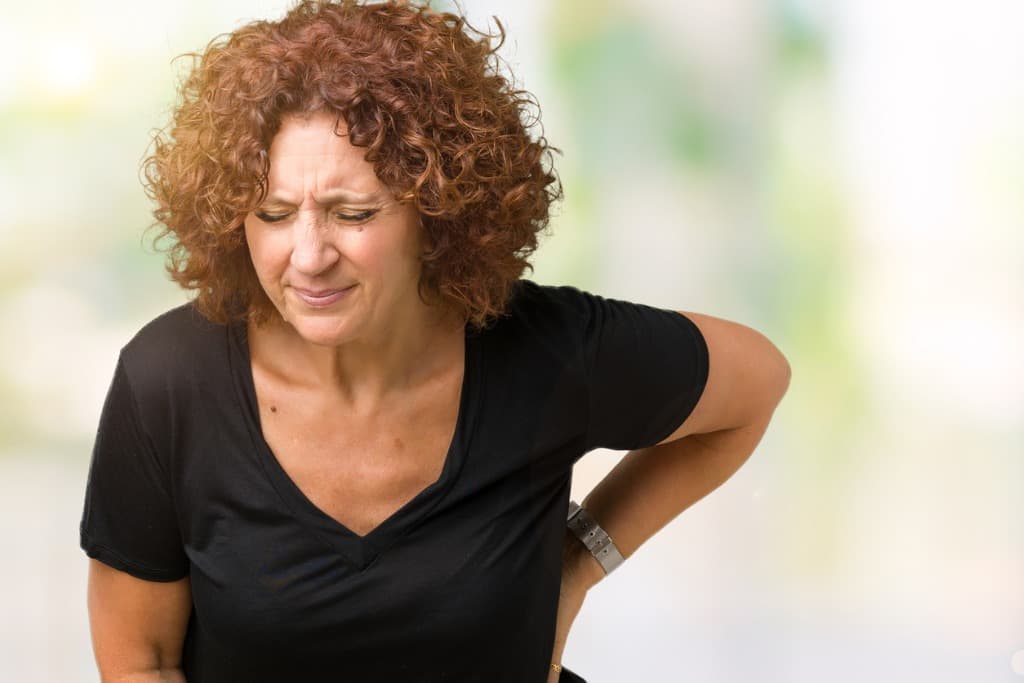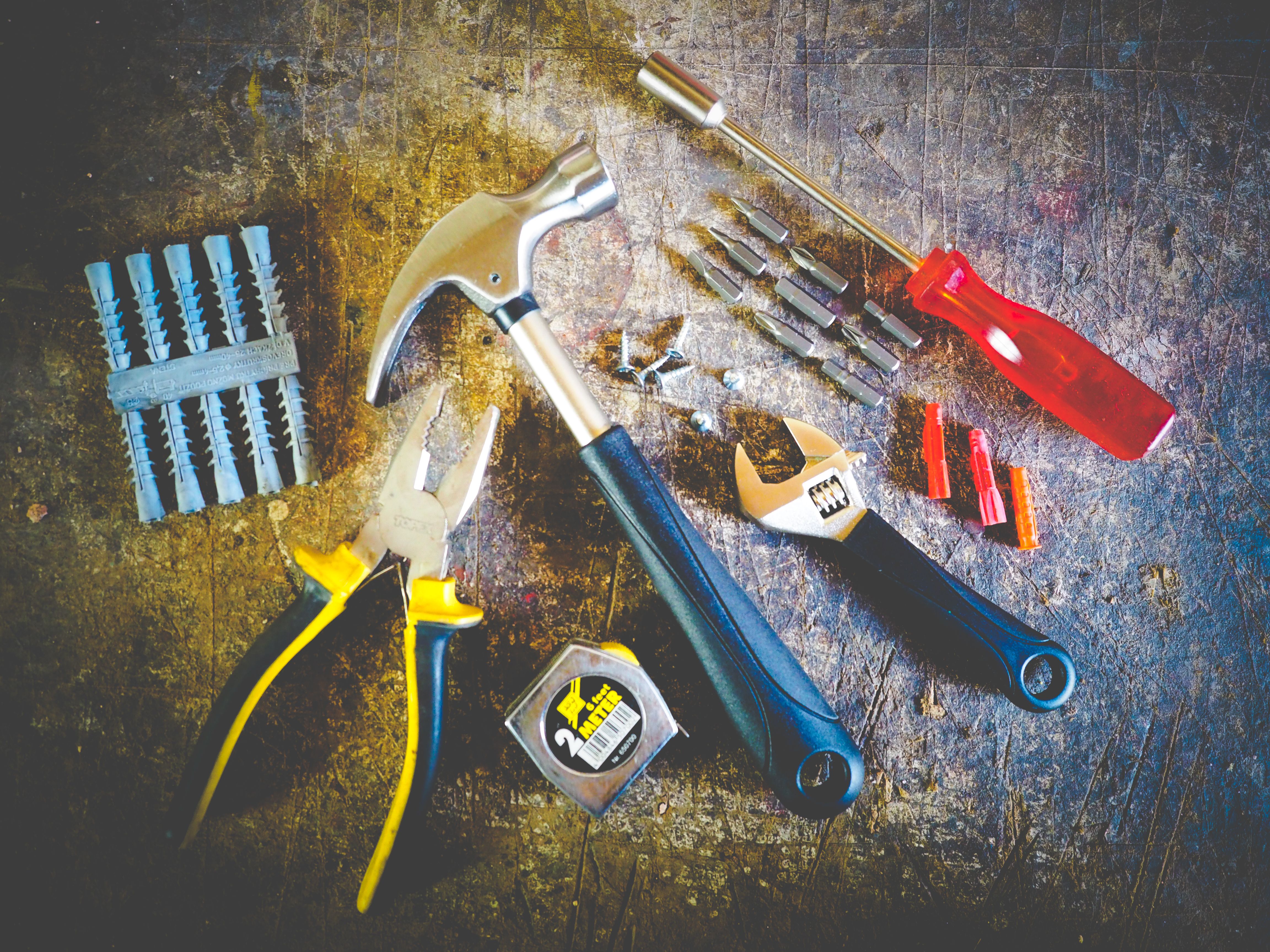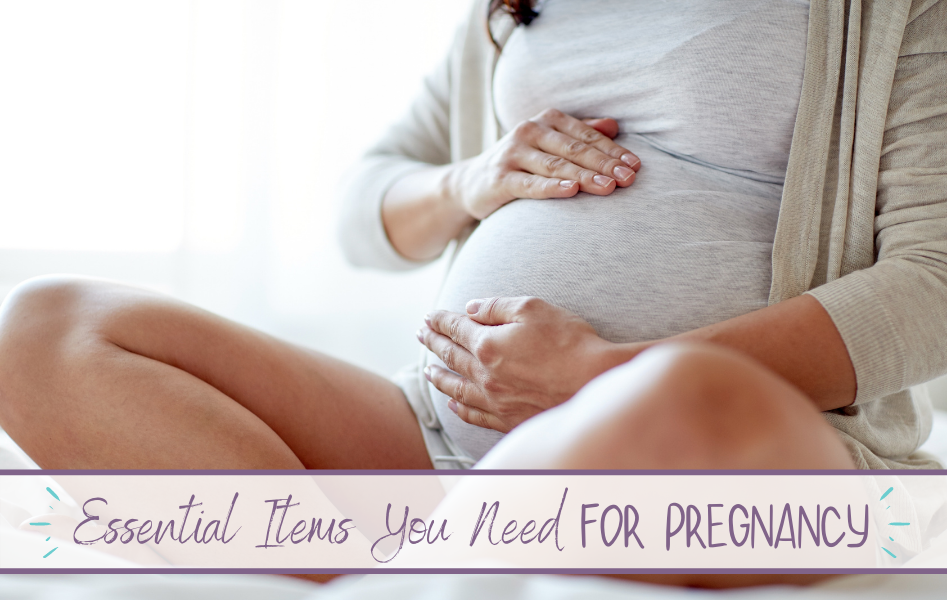The Ultimate Guide to Menopause: What You Need to Know?
Needless to mention menopause comes with changes in hormones. But how many of us are aware of this fact? A social media survey comes with a surprising result; as 80% audience was unaware or had little information about menopause. Moreover 73% of the women reported that they were not given proper medication which led to difficulties such as weight gain insomnia and night sweats. These symptoms vary from woman to woman. Some women undergo menopause in the late 40s or early 50s but end for the rest of their life. During this phase women face an increased risk of conditions such as osteoporosis obesity and heart disease.
The survey of 2021 held in the US gives us the following data:
- 9% of the girls hesitate to speak with their mothers about menopause.
- Without any treatment 73% of women were experiencing menopause symptoms.
- 45% of women were unable to figure out between perimenopause and menopause.
Women need to know that they don’t have to suffer in silence there are a range of options to help them. Symptoms including hormonal therapy irregular body temperature and bladder control problems have medical treatment available. Meanwhile we as a responsible society need to highlight the issue of menopause. This will require the involvement of healthcare professionals parents and schools to take concrete actions.
Ofmum is a trustworthy and reliable platform where you can get the latest updates on healthcare lifestyles and relatable topics.
What’s Menopause?
Every woman goes through this natural process. Still it feels like a mystery why? This is because we feel hesitant and insecure about discussing menopause. Menopause refers to the point when women haven’t had periods for consecutive 12 months. As women age their bodies undergo various changes including a decrease in the production of estrogen and progesterone in the ovaries leading to hormonal symptoms. Swollen joints weight gain and vaginal dryness are some of the physical symptoms.
The occurrence of menopause can vary but usually takes place between 40-55 years of age.
- Stages of menopause:
As a woman ages her reproductive cycle gradually slows down and prepares to come to an end. This stoppage of the mensural cycle happens in three stages:
- Perimenopause:
Eight to ten years before menopause women's ovaries start producing less estrogen which is the start of perimenopause. This stage occurs as soon as a woman reaches her 40s. In the final stages of perimenopause estrogen level declines quickly. A woman can conceive during this time.
- Menopause:
The occurrence of periods will stop once you reach this stage. Your ovaries lose the ability to produce estrogen as a result no eggs are released. Once the woman misses her mensuration period for a continuous 12 months she is diagnosed with menopause.
- Postmenopause:
This is the stage after menopause. Here the occurrence of periods permanently stops. Symptoms of menopause such as night sweats may improve during this period. Postmenopausal symptoms raise the risk of a variety of illnesses including osteoporosis and heart disease. All of this is due to a decrease in estrogen levels.
Signs that you're approaching menopause
A change in the regular pattern of the menstrual cycle is the first indication of menopause. This begins with the extreme light or heavy flow of periods. An entire month or even longer without periods is possible. During this phase women might experience the following signs that indicate the start of menopause:
- Vaginal dryness and pain.
- Joint stiffness
- Reduce sex drive
- Increased urination
- Weight gain
- Insomnia
- Depression
- Painful or stiff joints
- Memory problem
- Sore or tender breasts
- Urinary tract infection
- Headache or migration
- Night sweat
Why Do Women Go Through Menopause?
As women age estrogen and progesterone levels change which is associated with the decline in active ovarian follicles. Ovarian follicles are responsible for producing and releasing eggs which support menstrual cycles and fertility. When these ovarian follicles stop functioning or lose their ability to work this results in menopause. Sometimes menopause occurs early because of surgery radiation therapy or chemotherapy.
This is known as induced menopause. Menopause can result from:
- Insufficient primary ovary: Only 1% of women go through menopause before the age of 40. Ealy menopause results from the failure of ovaries to produce primary ovarian follicles. For such women hormone therapy is recommended.
- Oophorectomy (surgery to remove ovary): In women a lack of periods can cause hot flashes and other menopausal symptoms.
- Radiation and Chemotherapy Therapy: These therapies are the only treatment that impacts ovarian function leading to induced menopause post-treatment.
- Natural declining reproductive hormones: The hormones that regulate mensuration and fertility start to decrease as women approach their late 30s. During your 40s your menstrual periods may change in duration flow and intensity.
Clinical Manifestation And Diagnosis Of Menopause
Most individuals become aware of their menopause onset or approach due to symptoms like hot flashes or absence of mensuration for consecutive 12 months. During menopause you can seek medical advice a blood test may be used by a doctor to confirm the likelihood of menopause. These tests consist of the following:
- Saliva tests and over-the-counter (OTC) urine tests are available to confirm menopause.
- The PicoAMH Elisa diagnostic test can verify whether menopause has begun or not.
- Blood test: If the blood level is consistent at 30mIU/mL or higher indicates the absence of mensuration for one year. Blood tests measure the level of FSH
The doctor may advise you for additional blood tests to see what might be causing these symptoms. These tests include:
- Kidney function test
- Liver function test
- Blood lipid profile
- Thyroid function tests
- Testosterone progesterone prolactin estradiol and chronic gonadotropin tests.
If menopause symptoms affect your daily life seek medical help as soon as possible.
5 Common Menopause Complications
Once menopause starts women become more prone to certain medical conditions. Some of the complications are discussed below:
- Osteoporosis: Do you know one out of four women in the U.S. has osteoporosis? Studies indicate that women lose 20% of bone density after menopause. During this the level of estrogen goes down. Estrogen is mandatory for new bone production because it supports osteoporosis which are bone-producing cells. Without estrogen osteoblasts won't be able to produce new bones and eventually this can weaken bones.
- Cardiovascular health: In women heart disease is the major cause of death in 50% of cases. The decline in estrogen levels leads to health issues like stroke hypertension heart failure and valvular heart disease. Lower estrogen levels increase the risks to cardiovascular health while aging also makes one susceptible to conditions such as diabetes and obesity.
- Urinary disorder: The strong urge to urine gets stronger due to the loosening of the vagina and urethra tissue. It leads to loss of urine with coughing or lifting. The effective treatment option for this is hormonal therapy. If not treated on time may lead to urinary tract infection also.
- Intimacy issue: This is one of the most common changes seen in menopause. The barrier to sexual intimacy is vaginal dryness and dyspareunia. This involves painful intercourse leading to less interest in sex.
- Weight gain: During the menopausal transition and after menopause most of the women gain weight. If you are a health-conscious lady you need to exercise more and have a good diet meal full of nutrients.
Treatment Options And Natural Remedies For Menopause
If you feel discomfort or hesitate to approach a doctor you can use the natural remedy treatment to manage menopause. Whereas if you are comfortable talking to the doctor they can provide treatment options and guide you through the process of menopause. Treatment for menopause includes
- Helping prevent osteoporosis they help you with supplements and medication.
- Lubricants for vaginal dryness.
- Hormonal treatment to manage Vaginal dryness pain and other symptoms.
Natural remedies and lifestyle can help you to bear this stage more easily. Some of them are discussed below:
- Stay comfortable: Keep your bedroom cool. To reduce night sweats avoid using heavy blankets at night
- Wear loose dresses layered clothing helps you manage hot flashes.
- To meet the recommended exercise guidelines aim for 150 minutes of moderate exercise and two training.
- Consider reaching out to loved ones and seeking professional guidance to cope with the ongoing changes.
- Getting a range of important nutrients and eating a well-balanced diet helps improve overall health.
- Calcium vitamin D and magnesium supplementation may help lower the rate of osteoporosis.
- Take care of your skin.
- Sleep is critical for general health and well-being.
- Avoid smoking and minimize your alcohol use.
Conclusion:
Menopause is a significant change in both social and biological terms. It is not just a phase in women's lives but a hard reality that they lose their femininity. With the loss of fertility or reproductive ability women need to stay strong and outshine their womanly qualities. It is challenging for a woman but it can be considered a time for personal growth. For more such informative knowledge Ofmum is here to help and guide you so stay tuned!








